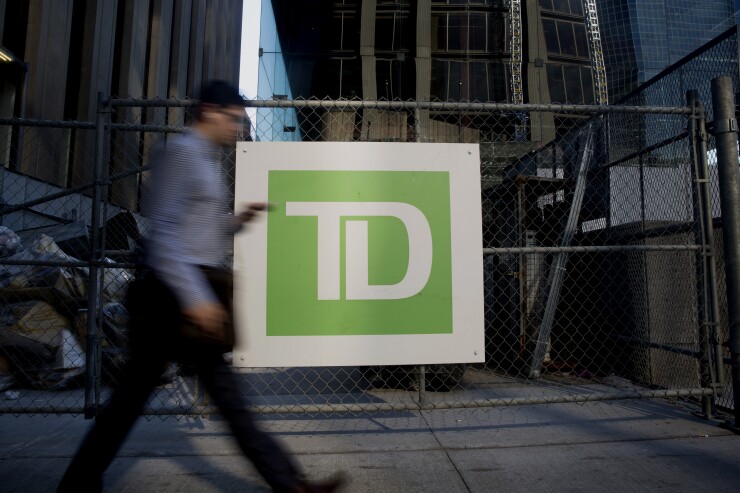Receiving Wide Coverage ...
Red hot: The rally in the price of bitcoin
The Financial Times reports that
In a separate article, the FT says the "speculative frenzy" in bitcoin and other so-called alt-coins over the past few weeks is easy to dismiss as just another financial bubble. "But that would be to miss an important point," it says. "Some of the projects [being funded by digital currencies] are best seen as
Paying up: Wells Fargo, struggling with the departure of brokers in the wake of its retail banking scandal, is increasing its signing bonuses to attract financial advisors just as rival firms are cutting back on theirs. "Attracting the industry's top talent will always be a priority for Wells Fargo Advisors," a spokeswoman for the bank said.
A must to avoid: The Journal's Heard on the Street column advises investors to avoid Canadian banks. Although the nation's big banks don't face any imminent risks, "it is getting late in the Canadian credit cycle. This is no time to be betting on the country's banks," it says. Compared to their counterparts south of the border, Canadian banks' share prices are more expensive in relation to book value and hold lower levels of capital.

Wall Street Journal
Cart before the horse: There's a perfectly good reason why millennials aren't buying houses:
"The study helps illuminate a tension at the heart of the housing market," the Journal comments. "The vast majority—some 80%—of millennials said they eventually plan to buy a home. But 72% said the primary obstacle is that they can't afford it."
Financial Times
Moving east: Vanguard, the world's second largest mutual fund company, is
New York Times
A modest proposal: In light of the tiny sums banks pay out in interest to savers, Times financial columnist and former investment banker William D. Cohan asks: "As regulatory relief appears to draw near, what should we ask of big banks in return for the
"The big American banks have had a very nice run since the financial crisis," he notes. "They are essentially an oligopoly, and they have the profits to show for it. It's time they agreed to give something back to us, the people who saved their bacon nearly 10 years ago."
Elsewhere ...
Wrong venue: USAA has stopped advertising on the Sean Hannity program on Fox News, but says it's not because of anything Hannity did. "





